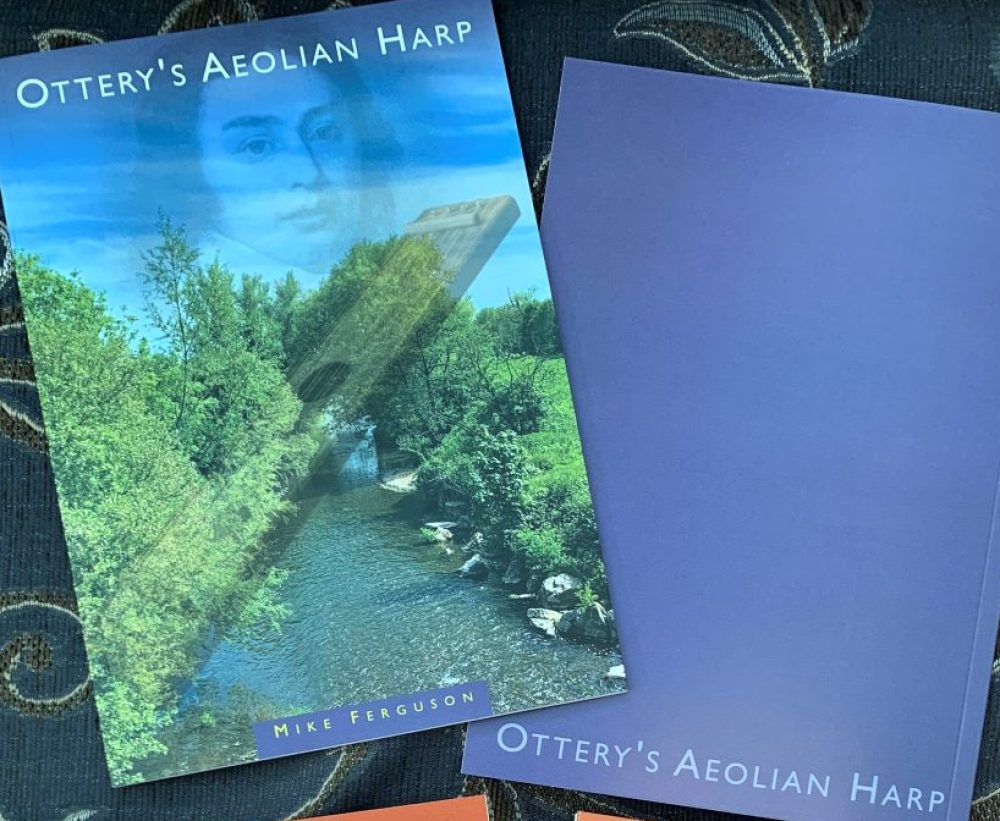There is an imminent paradox here when I suggest the ether in School Standards Minister Nick Gibb’s head has anesthetised whatever educational knowledge and understanding he possesses, because of course I don’t believe he does have any of this awareness – all he has drifting aimlessly about and knocking against the inside of his thick skull is the stuff of ignorance.
I am prompted to this observation by reports on Gibb’s dismissal of teachers’ detailed – or it seems, any – feedback when marking students’ homework arguing instead that they should simply put a grade/mark on it. One of his compelling reasons for this is teachers could then set more homework!
The ideal, of course, is teachers can speak with each and every student each and every time they are providing feedback on significant pieces of work – but this is not possible. If formative assessment is to mean anything [as it does, and we have certainly over the years proved that in comparison with summative assessment it is far more purposeful and effective] then there has to be teacher feedback.
Gibb makes his stupid claim in the context of appearing to be concerned about the excessive workload [and markload] of teachers. Well, there you go Gibbo: don’t consider reducing class sizes or teacher contact time or the withering and wearying demands placed on teachers to meet exam/performance targets – just tell them not to waste time doing what teachers do in providing supportive and instructive guidance to students through marking feedback.
Gibb claims that the idea of providing written feedback when marking has no substantive history of thought and practice:
This is one of the notions that came from somewhere in the ether, possibly something was said at a conference. It was never a requirement by the government, never a requirement of Ofsted, and so we have to send out the message that it is not required.
The first part of this is dismissive and rude arrogance, the second part about Ofsted is simply wrong, not that Ofsted’s requirements were ever the motivating force for English teachers in particular providing detailed written feedback – though SLTs will for years have been motivated by that actual demand.
I know we should simply ignore the nonsense that comes from the nonsense personified by Nick Gibb, but he is unfortunately – and ludicrously – in a position of some influence, even if this is merely to have his daft comments made public by the media and through this alone appear to have some credence.
If anyone assimilates their formless ideology from the ether it is Gibb and he is in good company with another fellow fantasist and deflector of reality David Icke:
People think I’m some kind of prophet, but I’m not someone who gets my information from the ether. I’ve been given the coordinates about how things work.


